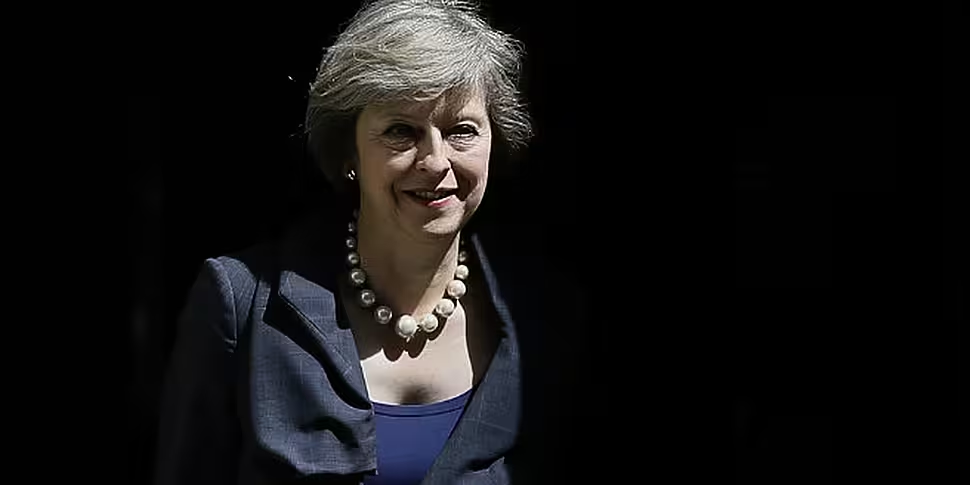Theresa May will become the UK prime minister tomorrow.
David Cameron stood down on the morning of the EU referendum result, having called the referendum himself and failing to secure a 'Remain' vote. He has said he will hand in his resignation to the Queen tomorrow after his final 'Prime Minister's Questions'.
It had been expected that a new prime minister would not be in place until September or so. However, Andrea Leadsom's decision to withdraw from the leadership race yesterday avoided the need for a drawn-out leadership contest.
With the keys to No 10 Downing Street already being prepped for a handover, what exactly are the most pressing issues for Mrs May to address?
1. A new cabinet
First things first: Theresa May will need to put together a new government.
She has already begun talks with senior colleagues and allies about the top roles in her cabinet.
Her main priority will be to appoint her chancellor - a role similar to our minister for finance.
It is thought that the role will likely go to the current foreign secretary Philip Hammond, who could switch jobs with current chancellor George Osborne.
The defence secretary Michael Fallon and Mrs May's leadership campaign chief Chris Grayling are the leading candidates to replace her as home secretary, Sky News has suggested.
2. Brexit
Mrs May was a Remain campaigner, but in recent days her position on the vote to leave the European Union has been clear: "Brexit means Brexit"
David Cameron has said the responsibility for triggering 'Article 50' - the official legal mechanism for leaving the EU - will pass to his successor. Mrs May will therefore have to decide when exactly is the best time to commence the as yet untested procedure.
Along with her government officials, she will then have to start negotiating the terms of an exit. She has already said "we need to get the best deal in trade and in goods and services."
One of the key challenges will be the issues surrounding freedom of movement. It was a main sticking point for many Leave campaigners, but Europe is unlikely to compromise on that condition if Britain wants full access to the single market.
3. Reducing immigration
The issue of free movement plays into the immigration question - arguably the main point of contention during the Brexit campaign.
In late May, the UK's Office Of National Statistics figures showed net migration at 333,000 - the second highest on record. 184,000 of those immigrants came from within the EU.
Mrs May will face pressure from many quarters to significantly reduce the amount of people entering the country from abroad - although it remains to be seen how much of a change can realistically be implemented in the short term.
4. Uniting the United Kingdom
Mrs May will face some potentially major challenges to the unity of the UK itself.
The Brexit referendum highlighted some deeply-rooted divisions in British society - between different regions, social groups and even generations.
The possibility of a second Scottish referendum campaign was brought up almost immediately after the Brexit result was announced - and Scotland's clear vote to 'Remain' certainly could foreshadow a win for Scottish nationalists this time around.
Northern Ireland also voted to remain in the EU. Its relationship with the UK, the EU and even the Republic of Ireland will need to be clearly and fairly addressed by Theresa May's government.
5. Protecting the economy
The economic impact of the Brexit vote was immediate and pretty brutal. At one point, the pound dropped to a 31-year low.
Economists have warned of uncertain times ahead, and the new British government will need to do everything they can to minimise the economic impact of Brexit.
There's some positive signs already, however: markets rallied as soon as it became apparent Theresa May was taking over. It was a rare example of political certainty after a shaky few weeks.









